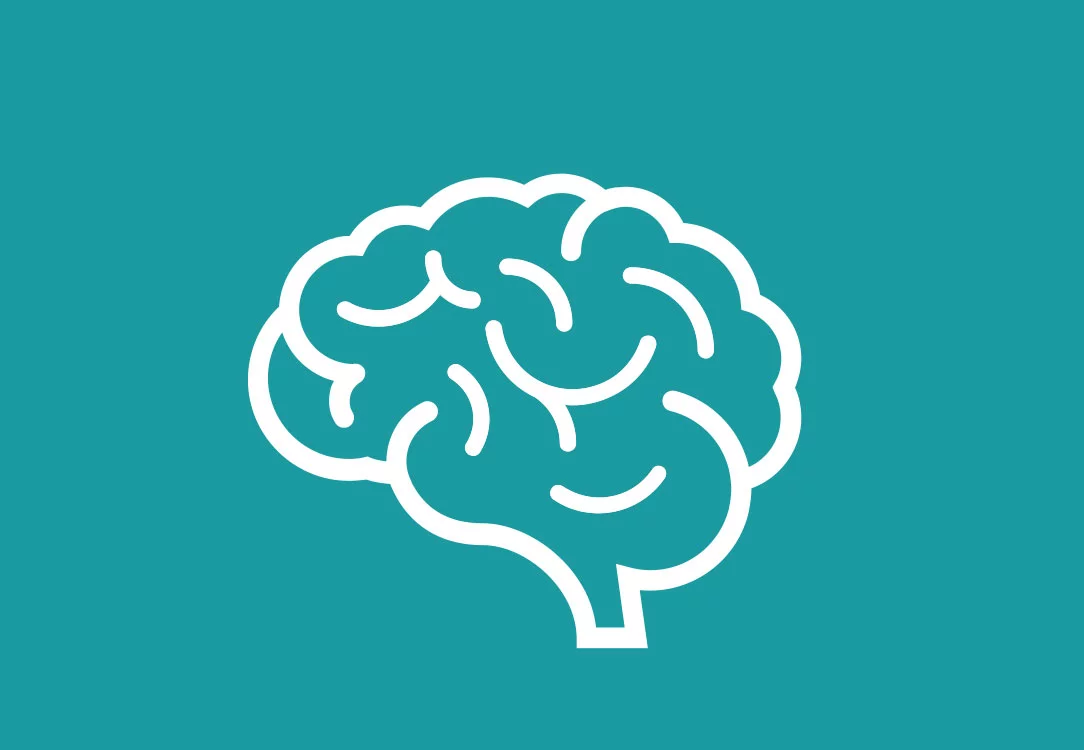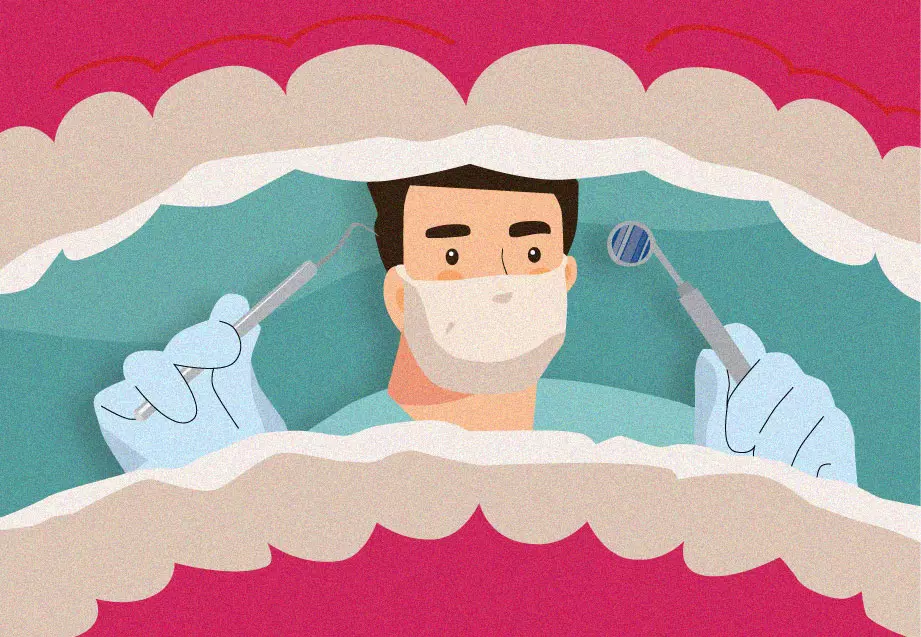This one should be a no brainer. Oral health + brain health = a healthier, happier you.
Featured Articles
What better way to exercise your brain than by reading?
Chronic gum inflammation increases the risk of developing Alzheimer's disease.
BMC, Alzheimer's Research & Therapy, 2017

Why Poor Oral Health Can Affect Your Ability to Learn

Gum Disease and Alzheimer’s Disease (A New Link Found)
Got questions?
Smile Generation-trusted dentists make understanding the Mouth-Body Connection simple. Call us at 1-800-SMILEGEN to get started.
Oral health is linked to brain health in many ways. Inflammation that results from tooth decay and gum disease can impact the way your brain functions and increase your risk of both brain disease and cognitive decline. This is part of the Mouth-Body Connection.®
A proper oral health regimen includes regular visits with your dentist, who will clean your teeth and treat any signs of infection or other oral health condition. Treating these problems early can help you avoid the worst ramifications to both your oral and brain health.
Learn more in our blog article, "Why Poor Oral Health Can Affect Your Ability to Learn"
Yes, periodontal disease has been linked with an elevated risk of potentially deadly brain illnesses such as stroke as well as cognitive decline. Studies show that bacteria in the mouth can travel to the brain and become a factor in the onset of Alzheimer's disease. Studies show that people with oral health problems can have up to a 26% higher risk of dementia.
Learn more in our blog article, "Link Between Periodontal Disease & Other Health Issues"
Cavities and gum disease cause inflammation that travels through the same pathways in your body that go to the brain. This inflammation affects the brain by increasing the risk of stroke and other brain diseases. It also impacts the way the brain works, causing problems with the way you learn, solve problems, and recall memories.
Learn more in our blog article, "Why Poor Oral Health Can Affect Your Ability to Learn"
Taking care of your teeth at home will help you take care of your brain. Follow a basic oral hygiene routine to lower your risk of tooth decay, tooth loss, and gum disease so you can avoid the associated risks to your brain health. Creating a healthy smile starts with good oral health habits, including:
- Brushing your teeth twice a day
- Flossing at least once a day
- Maintaining a low-sugar diet
- Avoiding tobacco products
- Drinking plenty of fluoridated water
- Visiting a dentist twice a year
Learn more in our blog article, "Why Poor Oral Health Can Affect Your Ability to Learn"











